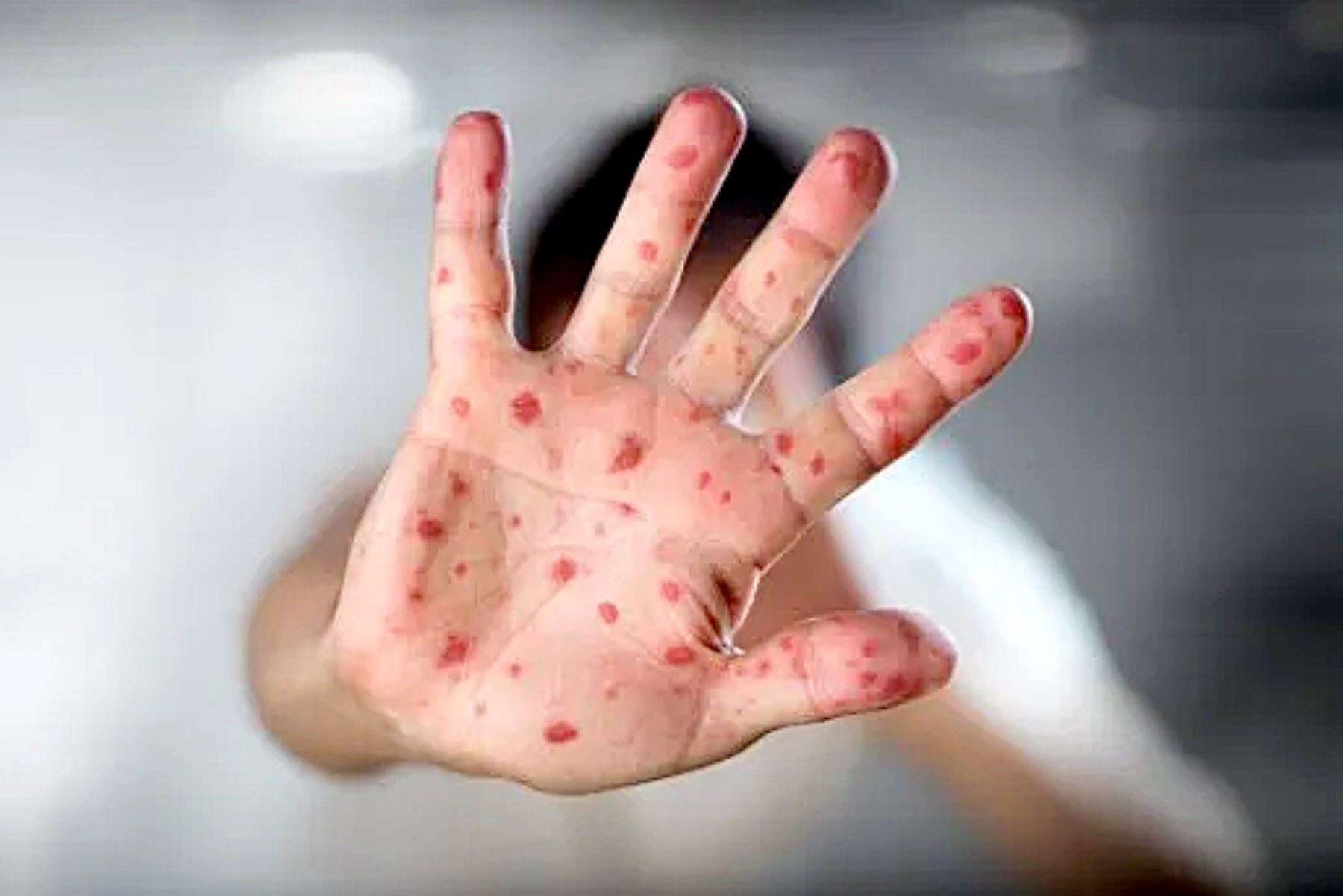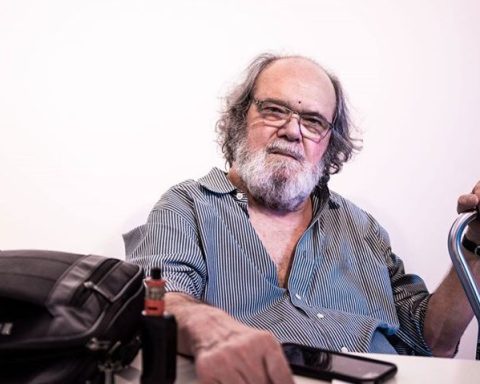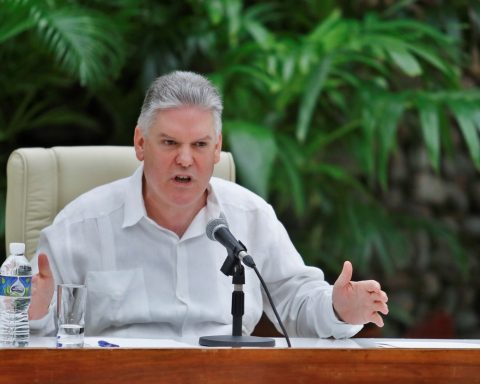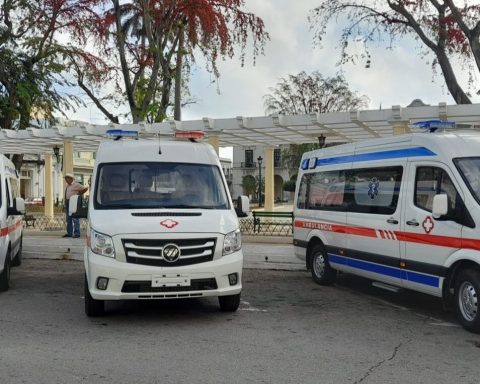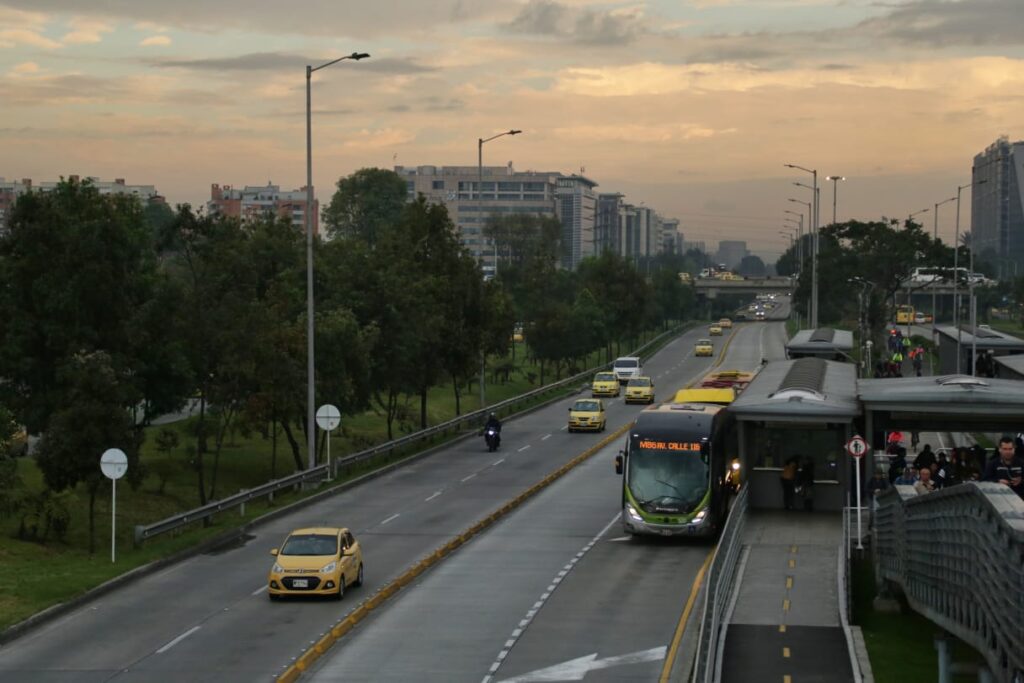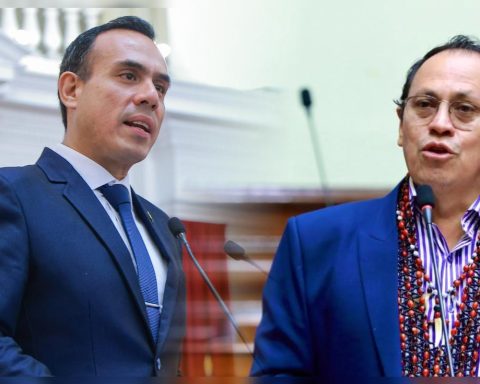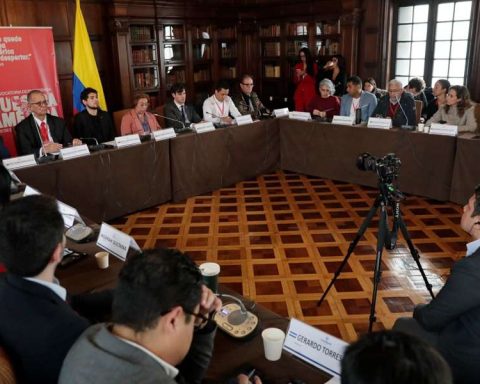The decrease in cases registered in several European countries is an indication that the outbreak of monkey pox may be going backwards on the continent, the regional office of the World Health Organization (WHO)which urged increased efforts to eliminate transmission.
“There are hopeful early signs, as has been shown in France, Germany, Portugal, Spain, the United Kingdom and other countries that the outbreak may be slowing down,” WHO-Europe director Hans Kluge said at a press conference.
Kluge was convinced that it is possible to eliminate human-to-human transmission “if we commit to doing so and put the necessary resources towards that end.”
Given that the outbreak arose among men who have sex with men and remains largely focused on that group, prevention and response efforts must be focused there, “with active collaboration and community participation, creating an environment free of stigma and discrimination,” Kluge said.
?? Watch LIVE – virtual press briefing on #monkeypox, #COVID19 and the upcoming 72nd WHO/Europe Regional Committee #RC72TLV with @hans_kluge & technical experts https://t.co/tsSCXLHsbF
— WHO/Europe (@WHO_Europe) August 30, 2022
The WHO European region has so far registered 22,000 cases in the 43 countries that make it up – including Russia and several former Soviet republics – which represents more than a third of the global.
“We are starting to see a drop in cases, but we need to be cautious, seize the moment and act quickly,” said regional office emergency manager Catherine Smallwood.
Smallwood pointed to early case detection and behavioral changes as likely causes of the decline.
Meanwhile, the WHO experts also reiterated that an increase in coronavirus cases is expected in the coming fall and winter and, although a severe impact is ruled out due to the high percentage of the vaccinated population, they stressed that the virus continues to circulate “widely.” ” and that last week caused 3,000 deaths in the European region, a third of the world total.
Hence, measures such as offering a second booster dose to vulnerable groups, the rapid administration of antivirals in cases where it is necessary and others such as the ventilation of closed spaces and the use of masks indoors when there are many people are important.
WHO projections suggest that in a few weeks the European region will reach 250 million cases of coronavirus.
The WHO also warned, as the 20th anniversary of the European region declaring itself polio free approaches, that the timing of progress towards global eradication is “very fragile”.
Thus, Kluge mentioned that the virus recently detected in New York is genetically linked to those found in previous years in Israel and the United Kingdom.
“Despite high immunization coverage, the poliovirus has found its way to some individuals in communities with low coverage. This is a wake-up call to all, our shared responsibility is to eradicate it globally, “said Kluge, who urged to promote vaccination.
